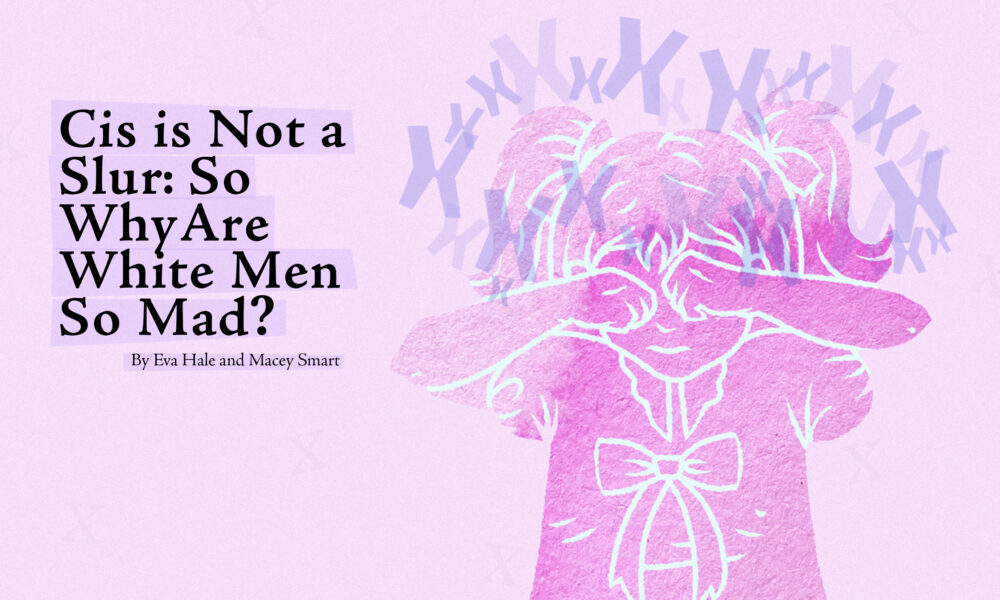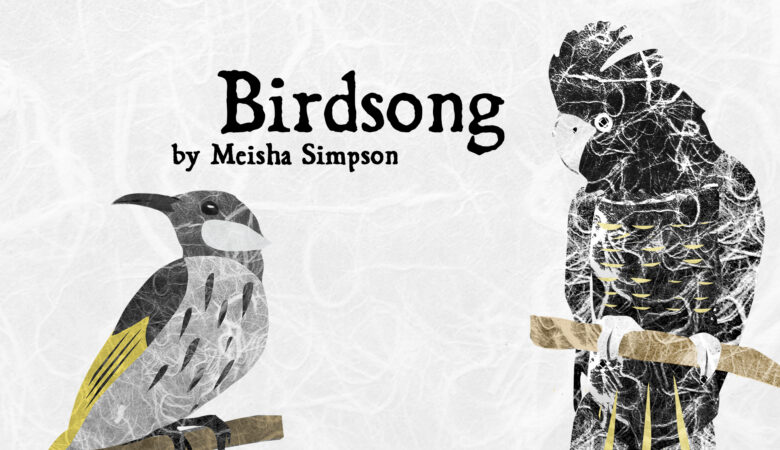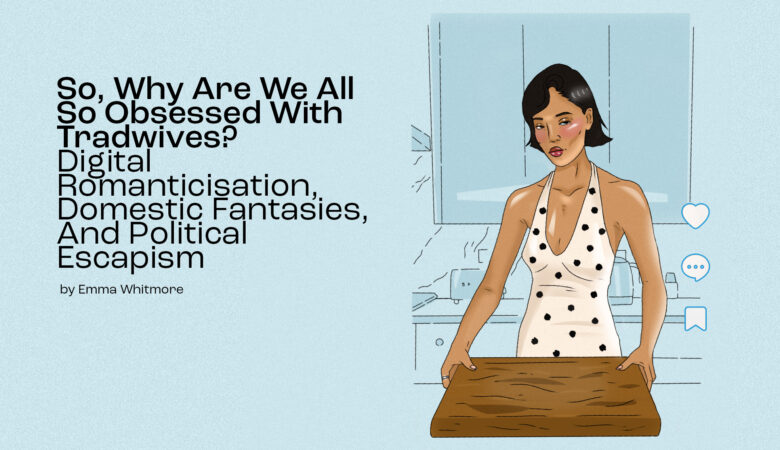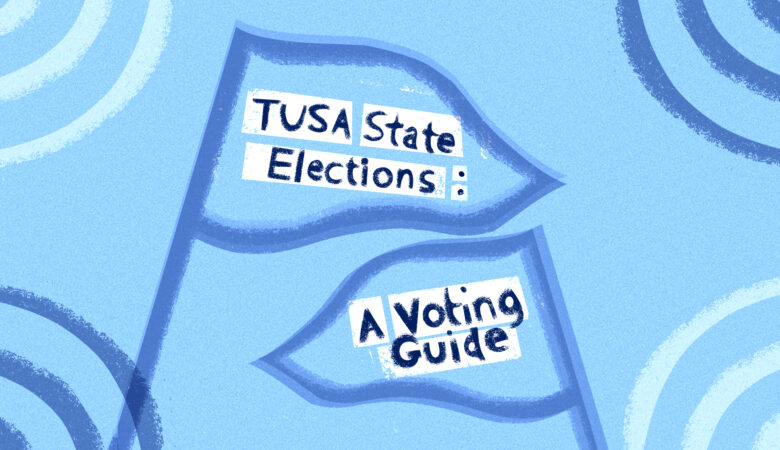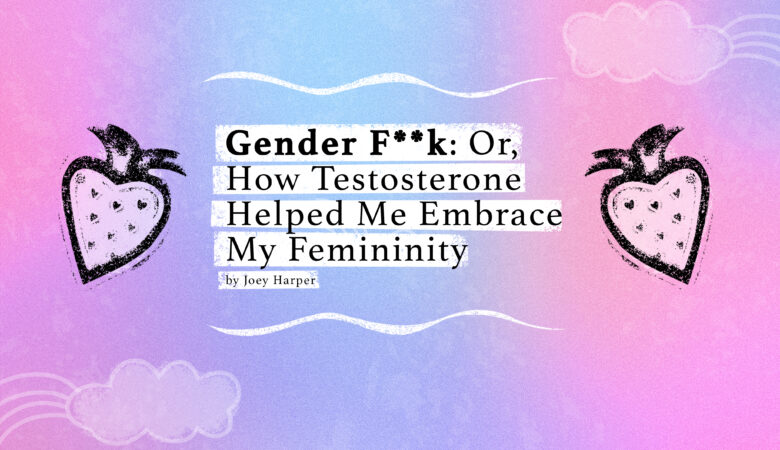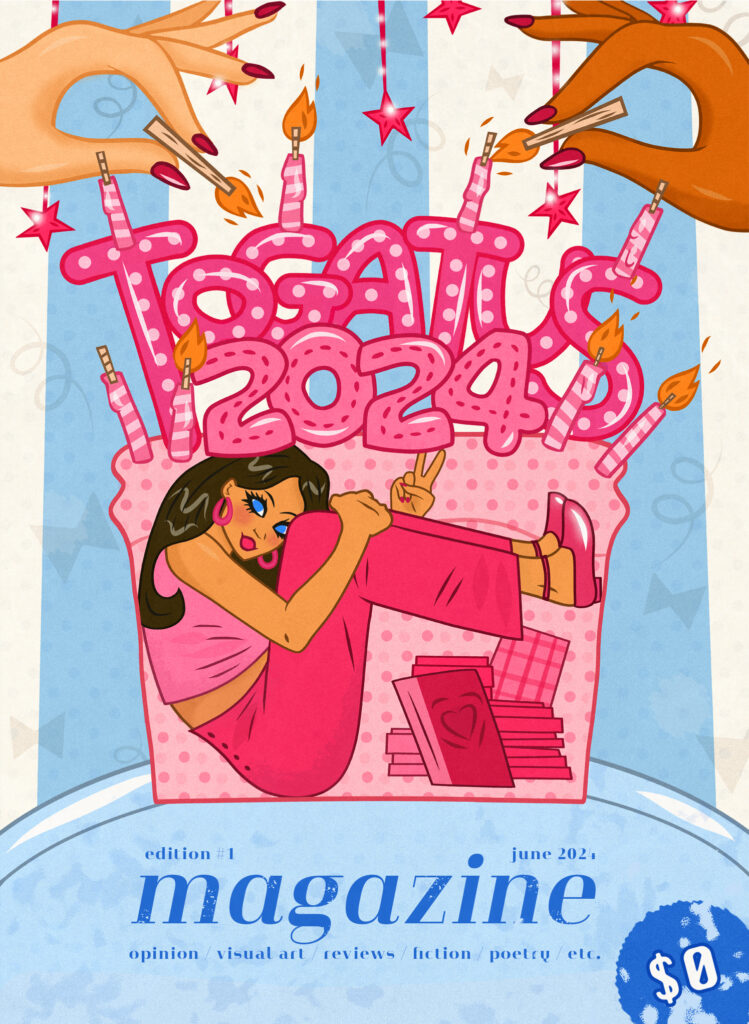CW: queerphobia, racial discrimination, discussing violence
On 21 June 2023, CTO of Twitter (X) Elon Musk tweeted that “the words “cis” or “cisgender” are considered slurs on this platform.” This has caused outrage amongst the queer community, and very rightly so.
As defined by the Cambridge Dictionary, cisgender (or cis) is “used to describe a person whose gender matches the body they were born with.” It is an identifying term; like saying someone is white, or straight, or queer, or trans. In the same dictionary, slur is defined as “an offensive word used to insult someone because of their race, sexuality etc.” Importantly, there are power dynamics at play in the use of slurs. As professor of sociology, Michael Kimmel, explains: “The ability to use a slur towards someone else comes with a certain kind of institutional power behind it.” This means that calling somebody a white man, or a straight white man, or a white cis man, in almost any instance, cannot be considered a slur, but a genuine identifier—straight white cis men are privileged within our patriarchal society, and they do not experience systemic oppression because of these facets of their identity.
It seems that these identifiers—cis, white, straight, man—are being labelled ‘slurs’ by defensive, unaware people who usually have been (accurately) identified with such terms.
Similarly, and even more inconceivably, some men have had the audacity to claim that “white man” is a slur: American comedian Josh Denny tweeted in 2018, ““Straight White Male” has become this century’s N-Word.” To compare a string of identifying factors, like “straight white male”, to a word that has been used to oppress and dehumanise black people for centuries, is a statement of extreme ignorance, and damaging to the cause of racial equality.
This kind of rhetoric diminishes the actual experiences of racism, homophobia and transphobia that marginalised people endure—structural, institutionalised disadvantages that have been centuries in the making. White, cis, straight men are not disadvantaged by these factors; instead, they profit off of the disadvantagement of minority groups. They experience privilege because there exists a group experiencing adversity—you cannot be at the top without others being beneath you.
White privilege does not mean that any white person has not worked hard to get where they are in life. An individual can experience extreme hardship while still experiencing extreme privilege. The reality is that those who systematically experience privilege are kept ‘safe’ from the knowledge of this privilege. By keeping privileged individuals and groups unaware of the systemic bias in their favour, this works towards perpetuating a cycle that is extremely beneficial to certain groups, while keeping the disadvantaged groups without the power to make a change. Frances E Kendall describes white privilege as “having greater access to power and resources than people of colour [in the same situation] do.” Similarly, American activist Peggy McIntosh writes, “White privilege is like an invisible weightless knapsack of special provisions, assurances, tools, maps, guides, codebooks, passports, visas, clothes, compass, emergency gear, and blank checks.” Explaining this ‘invisible’ nature of privilege, McIntosh goes on to say, “I think whites are carefully taught not to recognise white privilege, as males are taught not to recognize male privilege.”
The Big Television Debate, an interview featuring actresses Ellen Pompeo, Gina Rodriguez, Gabrielle Union, and Emma Roberts, addresses issues of systemic oppression within Hollywood. The women discuss the unfair pay gap and many advantages that men in the industry experience compared to women. Racial oppression, interestingly, is seemingly most aggressively addressed by Pompeo; a white woman. Considering the systemic power dynamics at play, it is clear why Pompeo feels more able to speak up on the topic, compared to her peers that identify as people of colour. Rodriguez states that she is ‘petrified’ of discussing equal pay in the industry, as she is a person of colour and is therefore valued less than her white counterparts. She says that marginalised people such as herself are “raised to be so appreciative” to be valued at all, much less to be valued the same as a white person. This is evidence of the cyclic behaviours of oppression that are experienced and ingrained in marginalised groups, which are not present in non-marginalised groups.
While these sources are primarily discussing white privilege, this concept can very seamlessly be applied to straight privilege and cis privilege also. Cis people, and straight people, are often unaware of the privilege they hold in society in comparison to their queer counterparts—they do not recognise their privilege, because they have never experienced otherwise. This helps to explain why, when cis men are being labelled as cis, they often feel oppressed and victimised; they have never been systematically oppressed, and are not used to being labelled by their identity.
McIntosh also notes the contradictions in levels of acceptance when it comes to one’s privilege. As it is only natural for the brain to become defensive when threatened, this threat to the privileged lifestyle that an individual or group may have is often met with blatant denial. One may feel as though they are naturally entitled to the benefits they receive, but sympathise with those who do not receive these benefits. McIntosh gives the example of male privilege: “I have often noticed men’s unwillingness to grant that they are overprivileged… even though they may grant that women are disadvantaged.” This shows how it is difficult to acknowledge levels of privilege when you are the party with more privilege. It is much easier to see the imbalance when you are at the disadvantage.
The fact that there has been such pushback from people who identify as straight, white, and male—and that these people feel safe enough within their position in society to address their perceived mistreatment—is a blatant indicator of the imbalance of power between these individuals and truly marginalised groups. Systemic oppression has meant that oppressed groups feel as though their lives, safety, or position within society could be at risk if they address the power imbalance at work. This fear comes from a lack of power to control what will happen if they attempt to make a change to social systems. These men, however, feel perfectly comfortable in their position of power to draw attention to their so-called victimhood; their speaking out comes at a much lower risk. These men are invalidating experiences of actual oppression, and do not recognise the damage that actual slurs can do. By addressing this perceived discrimination, straight, white, cisgendered men sit at a dinner table, complaining that their portion is too small, while everyone else’s plates are empty.
As white, cis-presenting people, the authors of this piece acknowledge the privilege they experience. As white women, they inherently have more systemic power and thus face less barriers to speak out on this topic than other marginalised individuals. This content has been reviewed by gender diverse and non-white individuals. In McIntosh’s report, she lists forty-seven different ways she experiences privilege on a daily basis. One of these is as follows: “If I want to, I can be pretty sure of finding a publisher for this piece on white privilege.”
References and Further Reading
“Cis.” Cambridge Dictionary, 20 Aug 2023,https://dictionary.cambridge.org/dictionary/english/cis.
Collins, Cory. “What is White Privilege, Really?.” Learning for Justice, issue 60, Fall 2018, https://www.learningforjustice.org/magazine/fall-2018/what-is-white-privilege-really.
Conroy, Oliver. “’Angry white men’: the sociologist who studied Trump’s base before Trump.” Guardian, 27 Feb 2017, https://www.theguardian.com/world/2017/feb/27/michael-kimmel-masculinity-far-right-angry-white-men.
Hanson, Kenneth., Pascoe, C.J., and Ryan Light. ““It’s Getting Difficult to Be a Straight White Man”: Bundled Masculinity Grievances on Reddit.” Sex Roles, vol. 88, 2023, pp.169-186, https://doi.org/10.1007/s11199-022-01344-8.
Payne, Keith. “The Truth about Anti-White Discrimination.” Scientific American, 18 Jul 2019, https://www.scientificamerican.com/article/the-truth-about-anti-white-discrimination/.
Peucker, Mario. “What is ‘Reverse Racism’ – and what’s Wrong with the Term?.” Victoria University, 12 Jul 2023, https://www.vu.edu.au/about-vu/news-events/news/what-is-reverse-racism-and-whats-wrong-with-the-term.
Pompeo, Ellen, Roberts, Emma, Rodriguez Gina, and Gabrielle Union.“The Big Television Debate.” Net-A-Porter, 17 Nov 2018.
Mahdawi, Arwa. “Has the term ‘straight white male’ really become an insult?.” Guardian, 23 May 2018, https://www.theguardian.com/world/2018/may/22/has-straight-white-male-become-an-insult-slur.
Richardson-Self, Louise. “Offending White Men: Racial Vilification, Misrecognition, and Epistemic Injustice.” Feminist Philosophy Quarterly, vol. 4, no. 4, Dec. 2018, doi:10.5206/fpq/2018.4.6234.
Yúdice, George. “What’s a Straight White Man to do?.” Constructing Masculinity (1st ed), edited by Maurice Berger et al., Routledge, 1995, Chapter 21, https://doi.org/10.4324/9780203699072.
@elonmusk (Elon Musk). “Repeated, targeted harassment against any account will cause the harrassing accounts to receive, at minimum, temporary suspensions. The word “cis” or “cisgender” are considered slurs on the platform.” Twitter/X, 21 Jun 2023, 2:11PM, https://twitter.com/elonmusk/with_replies?ref_src=twsrc%5Egoogle%7Ctwcamp%5Eserp%7Ctwgr%5Eauthor.
@JamesEsses (James Esses). “Yesterday, after posting a Tweet saying that I reject the word ‘cis’ and don’t wish to be called it, I recieve a slew of messages from trans activists calling me “cissy” and telling me that I am ‘cis’ “whether or not I like it”. Just imagine if the roles were reversed.” Twitter/X, 20 Jun 2023, https://twitter.com/JamesEsses.
@JoshDenny (Josh Denny). ““Straight White Male” has become this century’s N-word. It’s used to offend and diminish the recipient based on assumption and bias. No difference in the usage.” Twitter/X, 19 May 2018, 8:27AM, https://twitter.com/JoshDenny.
@JoshDenny (Josh Denny). “My point is, when you call someone this in a conversation – you know exactly what you’re doing: attempting to devalue their POV based on negative cultural stereotypes. That’s racism.” Twitter/X, 19 May 2018, https://twitter.com/JoshDenny.
@JoshDenny (Josh Denny). “Saying “my label for you invalidates your opinion or your place in society” is literally what Dr. King fought against.” Twitter/X, 19 May 2018, https://twitter.com/JoshDenny.

